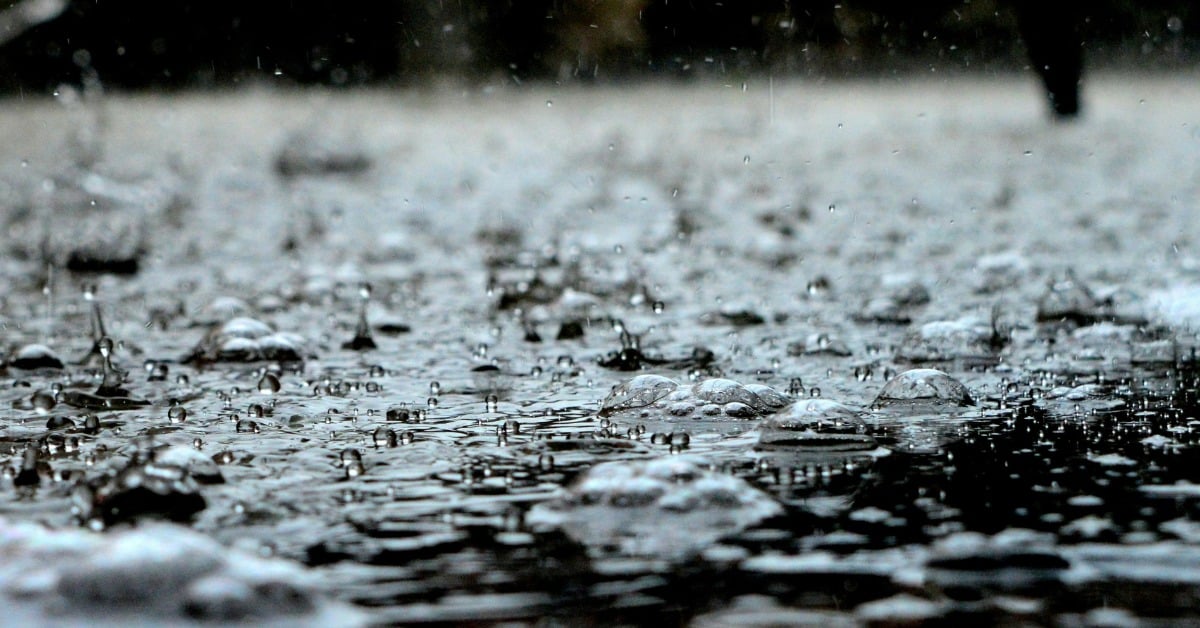Students and teachers from the University of Guadalajara's Preparatoria 19 have implemented a rainwater harvesting system, collecting over 120,000 liters to combat water scarcity in Zapopan . . .


Students and teachers from the University of Guadalajara's Preparatoria 19 have implemented a rainwater harvesting system, collecting over 120,000 liters to combat water scarcity in Zapopan . . .
